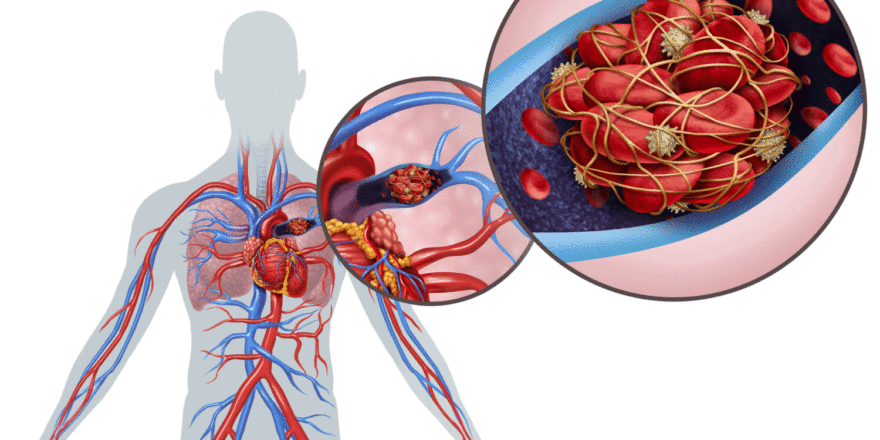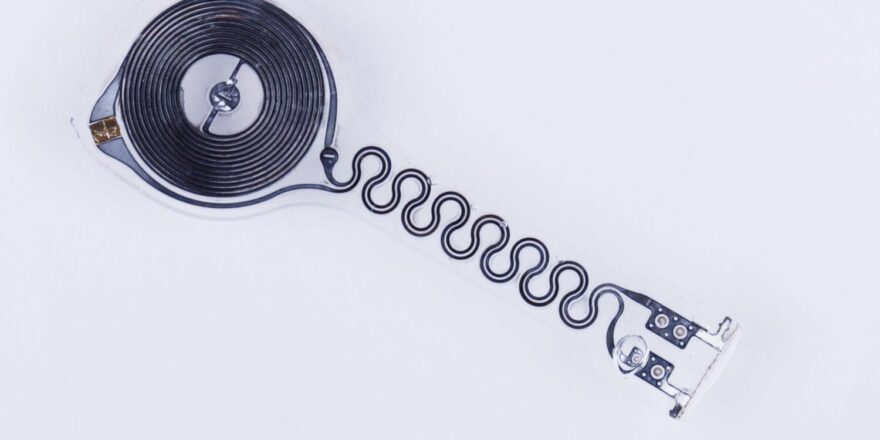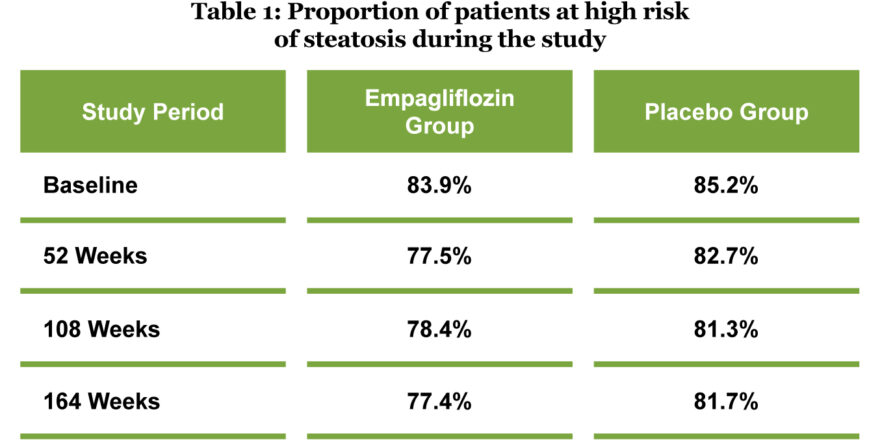Successful trial of groundbreaking device, now approved by Nice, uses algorithm to determine amount of insulin needed



More than 100,000 people with type 1 diabetes in England are to be offered an artificial pancreas, which experts believe could become the “holy grail” for managing the disease.
The groundbreaking device uses an algorithm to determine the amount of insulin that should be administered and reads blood sugar levels to keep them steady.
A world-first trial on the NHS found it was more effective at managing diabetes than current devices and required far less input from patients. The device is now set to be rolled out across the NHS in England after it won approval from the National Institute for Health and Care Excellence (Nice).
Mark Chapman, the interim director of medical technology at Nice, said: “Some people living with type 1 diabetes struggle to manage their condition, even though they are doing everything asked of them by their diabetes team. This technology is the best intervention to help them control their diabetes, barring a cure.”
In draft guidance published on Tuesday, an independent Nice committee recommended its use for managing blood glucose levels in people struggling to manage type 1 diabetes. The technology allows a patient to go about their day-to-day life without having to monitor if their blood glucose levels are too high or too low.
Women who are pregnant are also eligible, because blood glucose levels are harder to manage during this time. In total, about 105,000 people in England are set to be offered the technology.
Managing type 1 diabetes can be challenging, especially in young children, owing to variations in the levels of insulin required and unpredictability around how much patients eat and exercise. Children are particularly at risk of dangerously low (hypoglycaemia) and high (hyperglycaemia) blood sugar levels, which can damage the body or even lead to death.
The artificial pancreas is worn next to the body. It continually monitors blood glucose levels and automatically adjusts insulin delivered via a pump. It also eliminates the need for finger-prick tests to check blood sugar levels to prevent hypoglycaemic and hyperglycaemia attacks.
The draft Nice recommendations require NHS England to agree a cost-effective price for the device on behalf of relevant health bodies. Currently, the average annual cost for the technology is £5,744, higher than Nice considers a cost-effective use of NHS resources.
Although most of the NHS’s estimated £10bn annual spending on diabetes goes on type 2 diabetes, it is hoped the devices will help cut costs by ensuring less need for interventions for type 1 cases.
Prof Partha Kar, national specialty adviser for diabetes at NHS England, said: “This technology has been proven to give the best control for managing type 1 diabetes and should make things like amputations, blindness, and kidney problems possibly a thing of the past.” Kar, who has previously described the device as “not very far away from the holy grail of a fully automated system”, added: “We have seen fantastic results from the real-world trials which have taken place. The quality of life this technology gives to those using it is huge.”





